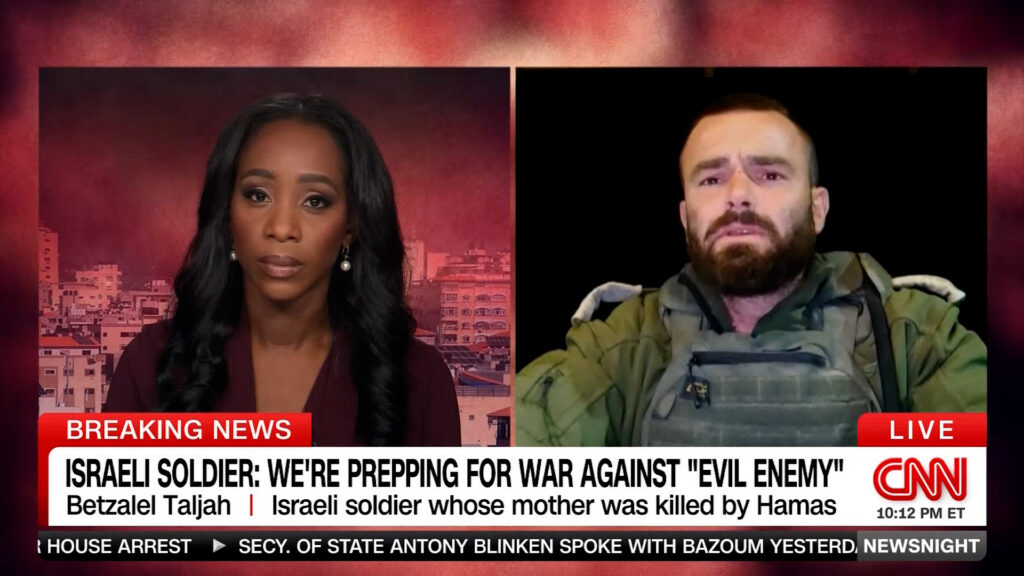Journalists at CNN in the United States and abroad say that the broadcast has deviated due to management regulations and the approval process for topics that resulted in very partial coverage of the October 7th attack and the Israeli war on Gaza.
An employee at CNN stated, “Most of the news since the start of the war, regardless of the accuracy of the initial reports, has deviated due to institutional bias within the network towards Israel,” adding that CNN’s coverage of the Israeli war on Gaza amounts to journalistic malpractice.
According to accounts from six network employees in multiple newsrooms, along with more than 12 internal memos and emails obtained by The Guardian, daily news decisions are shaped by directives flowing from CNN’s headquarters in Atlanta, Georgia, which has strict guidelines on coverage.
These guidelines include strict restrictions on quoting from the Islamic Resistance Movement (Hamas) and conveying Palestinian views on the aggression on Gaza. On the other hand, statements by the Israeli government are taken at face value. Additionally, any story or news about the war must be deleted if it comes from the Jerusalem bureau.

Journalists at the American network say that the tone of coverage is determined by the new editor-in-chief and executive director, Mark Thompson. Some employees are concerned about Thompson’s willingness to withstand external attempts to influence coverage, as Thompson previously served as Director-General of the BBC and was accused of succumbing to pressure from the Israeli government in several instances, including calling for the dismissal of one of the network’s prominent correspondents in Jerusalem in 2005.
David Lindsay, CNN’s Director of Standards and Editorial Practices, issued guidance in early November, banning the publication of most statements by Hamas, describing them as “incitement and propaganda.” CNN sources acknowledged that no interviews with Hamas and its leaders have been conducted since the October 7th attack.
CNN correspondent Sarah Cinder faced criticism for repeating the alleged Israeli narrative that Hamas beheaded dozens of children at the beginning of Operation Flood of Al-Aqsa. The correspondent later apologized for the narrative.
One journalist at the network told The Guardian that selected individuals are editing all reports with an institutional bias supportive of Israel. They often use language and phrases to absolve the Israeli army of responsibility for its crimes in Gaza and downplay the number of Palestinian casualties and Israeli attacks.
Meanwhile, other employees say that some experienced journalists covering war and regional news have started to avoid assignments related to Israel, as they feel they will not be free to tell the whole story. Some employees report a lot of internal conflict and opposition within the network, with some looking to leave their jobs.
Some journalists in the network believe that the bias problem has been rooted for years due to pressure faced by the network from the Israeli government and affiliated groups in the United States, in addition to the fear of losing advertisements.
Sunna Files Free Newsletter - اشترك في جريدتنا المجانية
Stay updated with our latest reports, news, designs, and more by subscribing to our newsletter! Delivered straight to your inbox twice a month, our newsletter keeps you in the loop with the most important updates from our website












